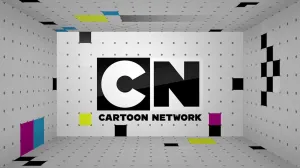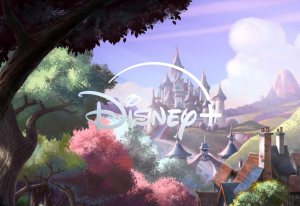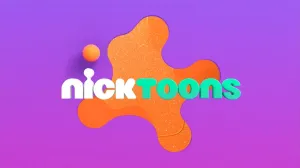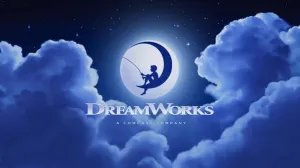With Final Fantasy VII Remake, the original Final Fantasy VII has been remade in every sense of the word, and perhaps changed what is and is not considered a remake going forward. It is both nostalgic and breathtakingly new at the same time, a familiar experience that also manages to be one that is considerably unfamiliar. For anyone that didn’t play the original, it is simply a stunning new video game, but for anyone that did, it is a departure in so many welcome ways while remaining true to the spirit of what came before. It is hard to imagine greater praise for anything that tries to do something similar, and for that reason it is absolutely and easily one of the best games of the year.
Videos by ComicBook.com
The fact that Final Fantasy VII Remake even exists at all feels like a miracle of some sort. After years and years of requests, Square Enix actually did the thing, and beyond that? The thing is shockingly good. While it was released earlier this year for the PlayStation 4, it really feels like we have only truly begun to talk about the ways in which the title upends certain truths about video game remakes as a whole, and what that could possibly mean for the future.

In a world that consistently feels like it is filling up with various remakes and remasters and the like, Final Fantasy VII Remake sets a high bar. If you are somehow not already aware, the title essentially completely reworks, extends, and recontextualizes the first major portion of the original video game, 1997’s Final Fantasy VII. It is both a remake of the original and something else entirely. It’s a new video game built from the bones of what came before, and given how iconic Final Fantasy VII remains, it’s hard to imagine it having been done any other way.
The manner in which remakes have been developed in the past for other titles typically meant improved, updated graphics, new voice acting, maybe some new sections, but largely sticking to the plot and general thrust of the original. Final Fantasy VII Remake follows a similar recipe with improved, updated graphics, new voice acting, new sections, and then just… completely reworks the plot to what originally happened in Final Fantasy VII‘s Midgar. Some of the narrative tentpoles are the same while others are entirely new, and the conclusion is about as far from where the original left our heroes as it can be.
Because the remake takes its time in exploring Midgar, more than ever the city feels like a vibrant, living place filled with people of all kinds. All of the usual suspects are there — including a version of the classic Don Corneo sequence — but bigger and more nuanced than before. AVALANCHE for once feels like a true organization and the members of it people with their own wants and needs. It’s basically impossible to come to the end of Final Fantasy VII Remake without loving Jessie, Biggs, and Wedge, who have in the past sometimes come across like throwaway extras. No longer.

The dangers that go along with reworking a beloved property are self-evident. There is a fine line between observed reverence and navel-gazing self-obsession. While not every aspect of Final Fantasy VII Remake works as well as it could, and some of the new sections drag or feel otherwise padded, the vast majority of what made it to the retail video game plays well and feels good. The newly active battle system, which sees characters zipping around to damage enemies in 3D space similar to but distinct from Final Fantasy XV, is a particular high point.
While it’s known that Square Enix is working on further installments, there’s really no telling what that might look like. Considering how massive of an undertaking that this first portion turned out to be, and the ways in which it reworked the source material, it feels like just about anything is possible. To be inexplicably excited about Final Fantasy VII once again, over two decades after it first released, feels like a gift in a time with few positives, but here we are.








